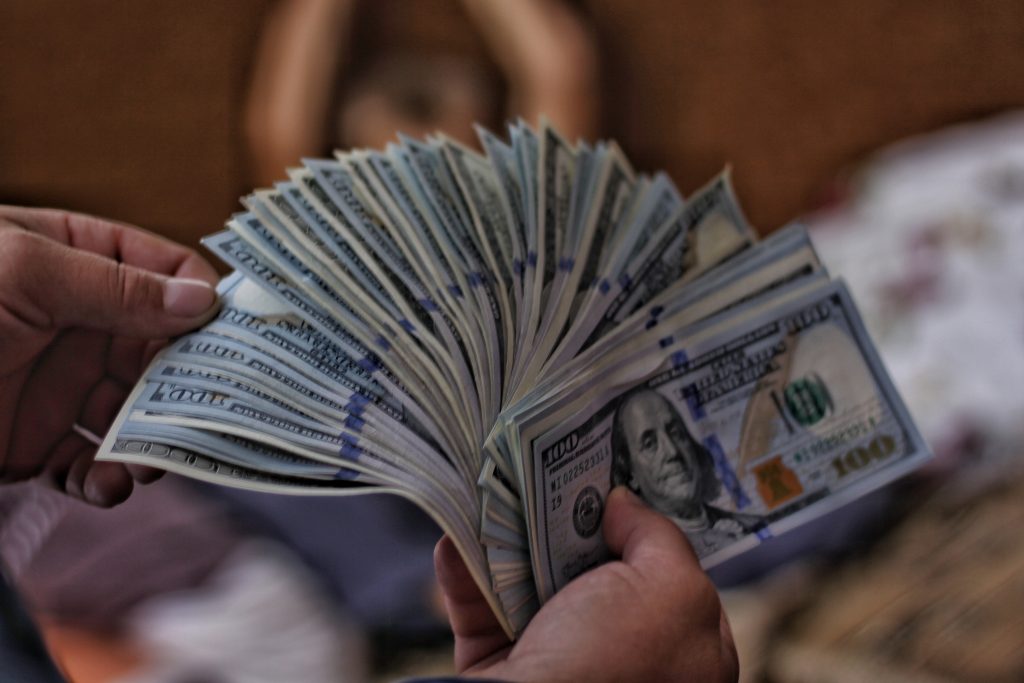Legislators and proponents of measures to prevent the use of foreign money in elections have joined forces in an effort to safeguard the integrity of democratic processes.
This pressing concern arises from the recognition that foreign interference can undermine the sovereignty of a nation and compromise the fairness of electoral systems.
Tackling Foreign Involvement in Elections
Foreign involvement in elections has gained significant attention in recent years, with reports of foreign entities attempting to influence electoral outcomes through various means, including financial contributions. To address this challenge, lawmakers are advocating for comprehensive legislation and stricter regulations to counteract the influence of foreign money.
The proposed measures encompass several key aspects. First, they focus on enhancing transparency and accountability by requiring increased disclosure of campaign funding sources. This includes scrutinizing political contributions and expenditures to identify any foreign sources. By providing greater transparency, these measures aim to mitigate the risk of foreign funds infiltrating political campaigns.
Additionally, lawmakers are exploring options to strengthen cybersecurity defenses, recognizing that foreign entities may seek to exploit vulnerabilities in electoral systems and manipulate public opinion through digital platforms.
Upholding Democratic Values

Robust cybersecurity measures, coupled with increased information sharing and cooperation between relevant agencies, can help safeguard against foreign interference and maintain the integrity of elections.
Public awareness campaigns also play a pivotal role in combating foreign influence. Educating citizens about the potential risks of foreign interference and empowering them to report suspicious activities can bolster the collective resilience of a nation against such threats.
Collaborative efforts between government agencies, civil society organizations, and technology companies are vital in disseminating accurate information and raising awareness among the populace.
Critics of these measures argue that they may inadvertently restrict freedom of speech or impede legitimate political activities. Striking a balance between safeguarding election integrity and upholding democratic principles is indeed a complex task that requires careful consideration and robust debate.
As the world becomes increasingly interconnected, the need to protect the democratic process from foreign interference has become paramount. Advocates for keeping foreign money out of elections emphasize the importance of preserving the voice and will of the people, ensuring that elections remain free from undue external influences.
By implementing comprehensive legislation, bolstering cybersecurity measures, and fostering public awareness, nations can fortify their electoral systems and maintain the trust and confidence of their citizens.
The ongoing efforts to safeguard elections from foreign money are a testament to the commitment to democratic values and the resilience of nations in the face of evolving threats.
Read Also: Texas Legislature Approves $18 Billion Property Tax Relief for Homeowners and Businesses
Source: Washington Examiner via MSN
